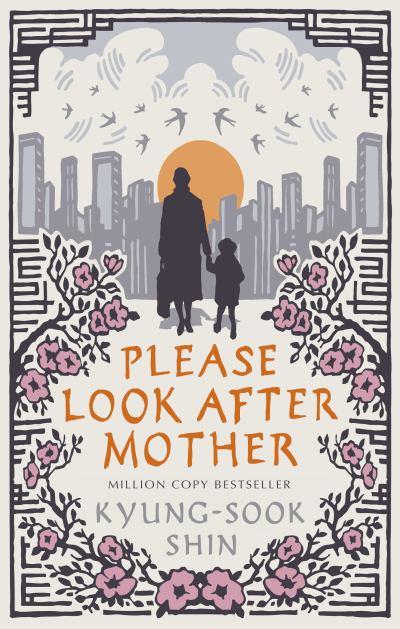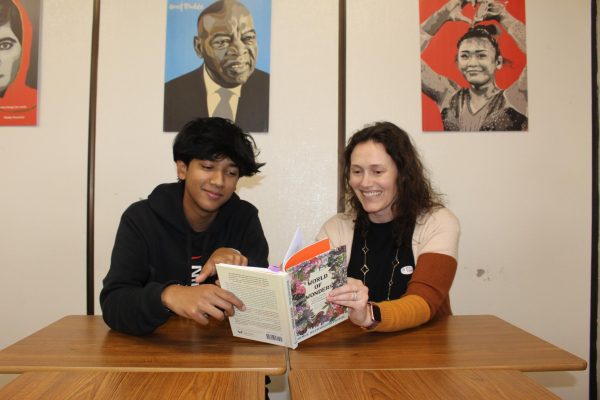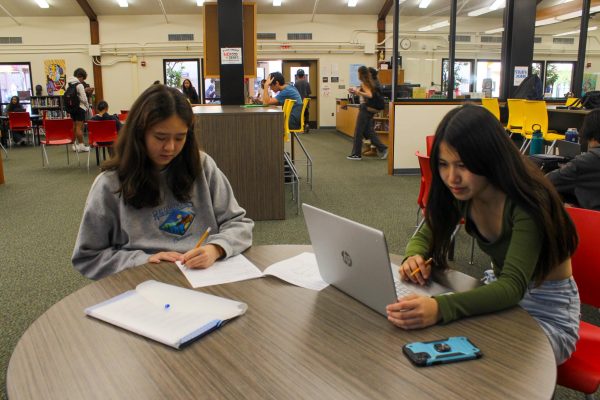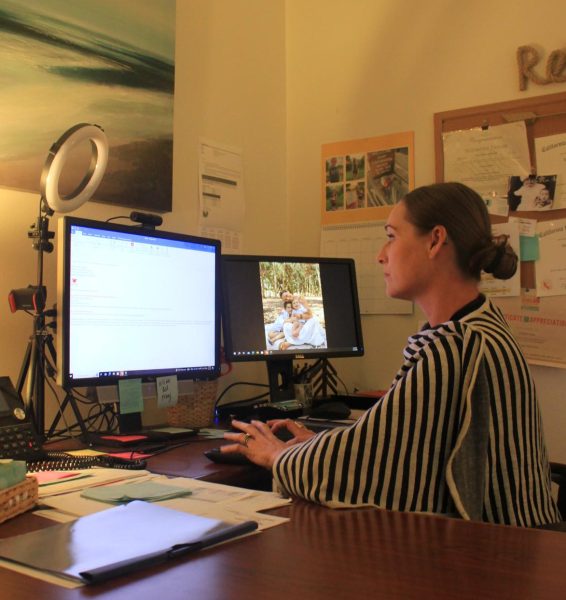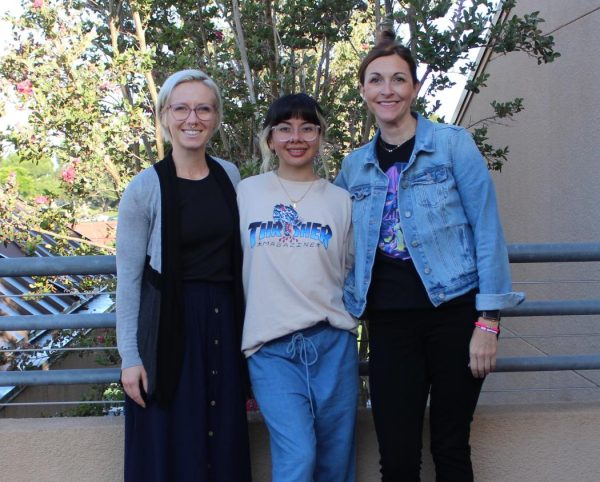New books foreshadow educational second semester
Photo Courtesy of Wiki Commons
One of the two covers of the bestseller illustrates the concept of the novel.
The English department has added three new books to its curriculum starting spring semester in English 2, World Literature and AP English Literature, in hopes of educating students about other cultures.
English 2 classes have introduced the book, “Maus,” by Art Spiegelman,a graphic novel set in World War II that depicts the Nazis as cats and Jewish people as mice. The book is written in a cartoon-style format, which can make the novel more appealing to students who appear uninterested at first.
“Just the pictures tell a story,” English 2 teacher Jeff Alexander said. “The book really shows how gross and vulgar [the Holocaust] was.”
“Maus” was chosen in order to teach students about the Holocaust, as many young people today do not understand how horrendous it was for the Jewish people.
In World Literature, seniors will read “Escape from Camp 14,” written by Blaine Harden and published in 2012, which portrays the escape of a man from a North Korean prison camp. Recently, certain parts of the book have been labeled as fabricated by multiple critics and news sources.
“We hear about North Korea every day in the news, and it just recently came out that not everything in this story is accurately told,” World Literature teacher Nick Calvin said. “[The book and its recent controversy] poses a question: ‘what is reality’?”
Besides the new discussion about the book’s legitimacy, many still say a majority of the stories told in the novel are indeed factual.
“We all watch reality TV, but we all know reality television isn’t real, so this idea of a real story is an interesting conversation,” Calvin said.
Seniors in AP English Literature will read “Please Look After Mom.” The novel, written by Shin Kyung-sook, discusses a South Korean family’s tragedy of losing their mother in a subway station in Seoul.
“It makes the possibility of losing a family member in this way seem all the more likely,” senior and AP English Literature student Jenny Greenberg said.
AP English Literature has focused predominantly on European works in past years, and by adding a Korean novel, the course has more diversity.
“The novel provides everything the course was missing,” AP English Literature teacher Grant Davis said. “[The novel] is an engaging story, which I believe has resonance for our students culturally and particularly for our senior students about to leave home.”
The book was originally published in Korean in 2008 and later translated and published in English in 2011. The novel is written differently than many books read by high school students as the point of view switches between second and third person, as told by different family members in the novel.
“I’ve never read anything like this before,” Greenberg said.



